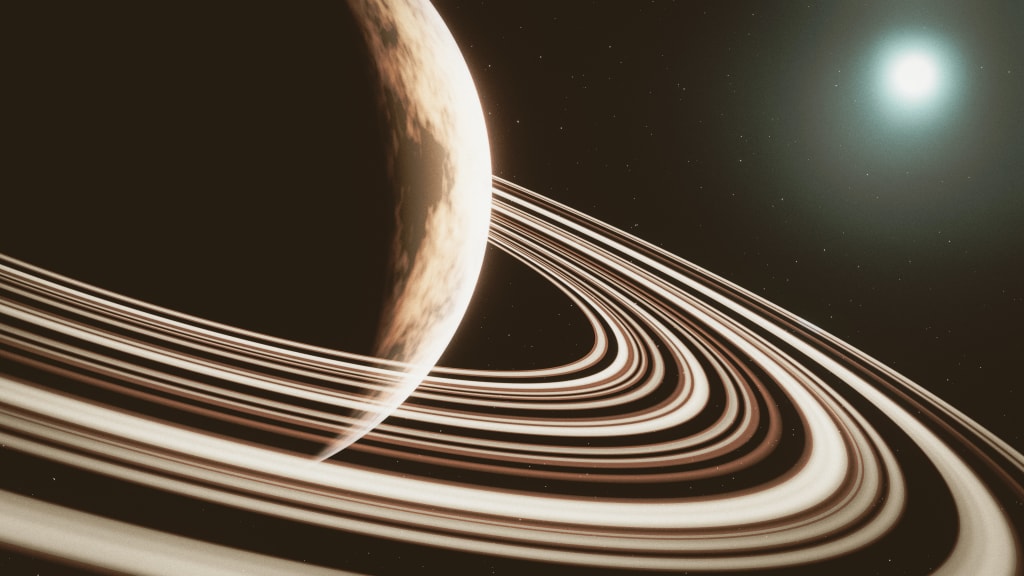Exploring the Final Frontier: Recent Space Missions, Astonishing Discoveries, and the Future of Human Space Exploration
In 2023, space exploration soared with Mars and Moon missions, extraordinary discoveries of exoplanets, and ongoing international collaboration. The future holds crewed Mars missions and ambitious interplanetary travel prospects.

Introduction:
Space exploration has always held a fascination for humankind, fueling our curiosity about the vast unknown beyond our planet. In recent years, significant advancements in technology and renewed interest from space agencies and private companies have propelled space exploration to new heights. This article delves into the latest space missions, remarkable discoveries, and the exciting prospects for the future of human space exploration.
Mars Missions: Paving the Way for Human Exploration
In the realm of Mars exploration, several missions have captured the world's attention. The NASA Perseverance Rover stands out as one of the most significant milestones in recent times. Successfully landing on Mars in February 2021, Perseverance has begun its mission to search for signs of ancient microbial life and collect samples for potential return to Earth.
Notably, the United Arab Emirates made its mark with the Hope Probe mission. This ambitious project aims to study Mars' atmosphere and climate patterns, providing valuable insights into the planet's history and potential habitability.
China has also made significant strides with its Tianwen-1 mission, comprising an orbiter, lander, and rover. Tianwen-1's accomplishments include capturing stunning images of the Martian surface and conducting scientific investigations, adding to our understanding of Mars' geology and environment.
Lunar Exploration: Returning to the Moon and Beyond
Beyond Mars, the Moon has regained the spotlight as a focal point for exploration. NASA's Artemis Program represents a groundbreaking initiative to return humans to the lunar surface by 2024. This endeavor not only aims to establish sustainable lunar exploration but also serves as a stepping stone for future missions to Mars and beyond.
The Artemis Program has opened doors for collaboration with private companies, such as SpaceX and Blue Origin. These companies are actively involved in developing lunar landers and supporting NASA's vision for human return to the Moon. Their contributions and innovations in space technology are instrumental in shaping the future of lunar exploration.
Extraordinary Discoveries
Space exploration continues to unveil remarkable discoveries that challenge our perceptions of the universe. The search for exoplanets has yielded exciting findings, with the discovery of potentially habitable worlds outside our solar system. These exoplanets, located within their star's habitable zone, offer tantalizing possibilities for finding signs of extraterrestrial life.
Another groundbreaking discovery was the detection of gravitational waves. This confirmation of Albert Einstein's theory of general relativity has revolutionized our understanding of the universe, opening up a new era of gravitational wave astronomy and paving the way for further discoveries.
International Collaboration: A Unified Effort
Space exploration has long been an arena of international cooperation, fostering collaborations that transcend borders. The International Space Station (ISS) serves as a shining example of this unity, with astronauts from multiple countries working together to conduct scientific research and further our understanding of microgravity environments.
Moreover, the Artemis Accords provide a framework for international collaboration in lunar and deep space exploration. The principles outlined in the Accords emphasize transparency, peaceful cooperation, and the responsible use of space resources. These guidelines lay the foundation for future missions and collaborations among nations.
Future of Human Space Exploration: Pushing the Boundaries
Looking ahead, the future of human space exploration holds immense promise. Crewed missions to Mars are on the horizon, with NASA, SpaceX, and other space agencies planning ambitious endeavors. These missions will address the challenges of long-duration space travel, radiation exposure, and life support systems while also laying the groundwork for potential human colonization efforts.
Interplanetary travel and ambitious concepts like space tourism and asteroid mining are emerging as exciting prospects. Private companies are actively investing in these areas, envisioning a future where humans venture beyond the confines of our planet for commercial and scientific purposes.
Conclusion:
Space exploration remains a beacon of human achievement and scientific progress. Mars missions, lunar exploration, remarkable discoveries, international collaboration, and the exciting future of human space exploration are all contributing to our understanding of the cosmos. As we push the boundaries of our knowledge and technological capabilities, we inch closer to unraveling the mysteries of the universe and expanding our presence in space. The pursuit of exploration will continue to captivate our imagination, inspire future generations, and shape the destiny of humankind.





Comments
There are no comments for this story
Be the first to respond and start the conversation.